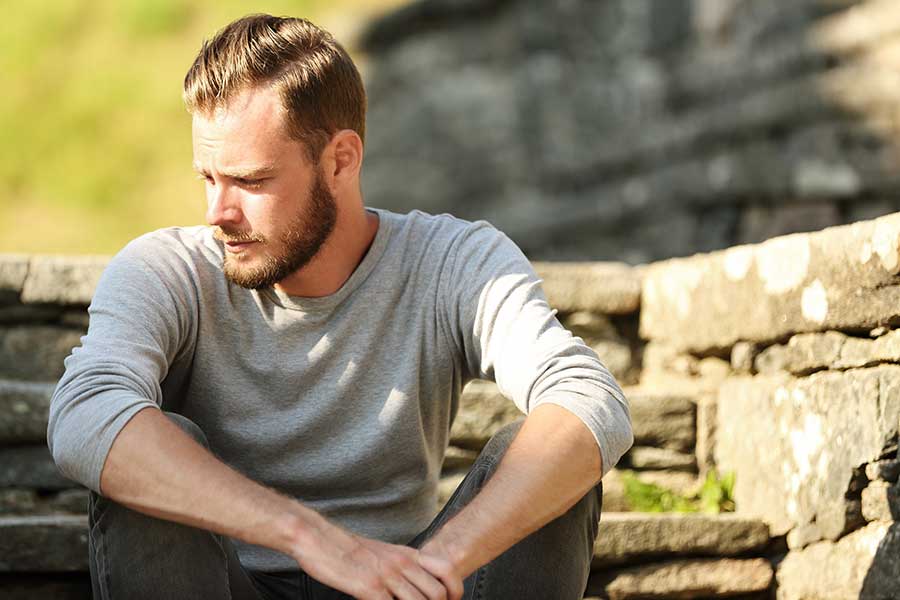
Labeling someone as a “drug addict” does more harm than good. For too long, there’s been an idea that shaming a person who has an addiction is the right thing to do. Most people with an addiction would stop if they could, but they don’t think it’s possible or don’t know where to go for help.
A Drug Addict in Hiding
The chances of someone asking a friend or family member for help finding substance abuse programs is minimal. Most people with an addiction feel embarrassed and ashamed due to the stigma associated with addiction. Preconceived notions can stop people from admitting that they need help. Some misconceptions about addicted individuals include:
- They’re criminals
- They’re bad people
- They could stop if they wanted to
- All addicts are homeless
- Addicts can’t hold a job
Not only are these stereotypes damaging, but they also propel the idea of a “functioning addict.” Those who struggle with an addiction may not think they have a problem because they have a job, house, and family. In reality, many people who have an addiction are average, everyday people.
Addiction is a Disease
When people enroll in an addiction treatment program, one of the first things they’ll learn is that addiction is a legitimate disease. People often debate whether addiction is a disease or not. Recent studies show us that there’s a very clear difference between the addicted and non-addicted brain.
Those who develop an addiction artificially generate dopamine when using substances. Not only that, but addiction hijacks the limbic system of the brain, which is responsible for human survival. People continue using and won’t stop because the brain tells them they need the drugs. At the end of the day, a drug addict isn’t a bad person: he or she is just sick and needs the right addiction treatment.
The Recovering Drug Addict
Although there’s currently no cure for addiction, the right program can make life more manageable. While the person may never be able to safely drink or use drugs again, they can live a sober, happy life. At Ashley Addiction Treatment in Havre de Grace, Maryland, our Primary Program uses high-quality clinical care to help struggling individuals achieve a new beginning. Through evidence-based individual and group therapy, the brain can heal, and individuals will learn how to live life without addictive substances.
If you or someone you love needs help for an addiction, call Ashley Addiction Treatment today at 866-313-6307.
